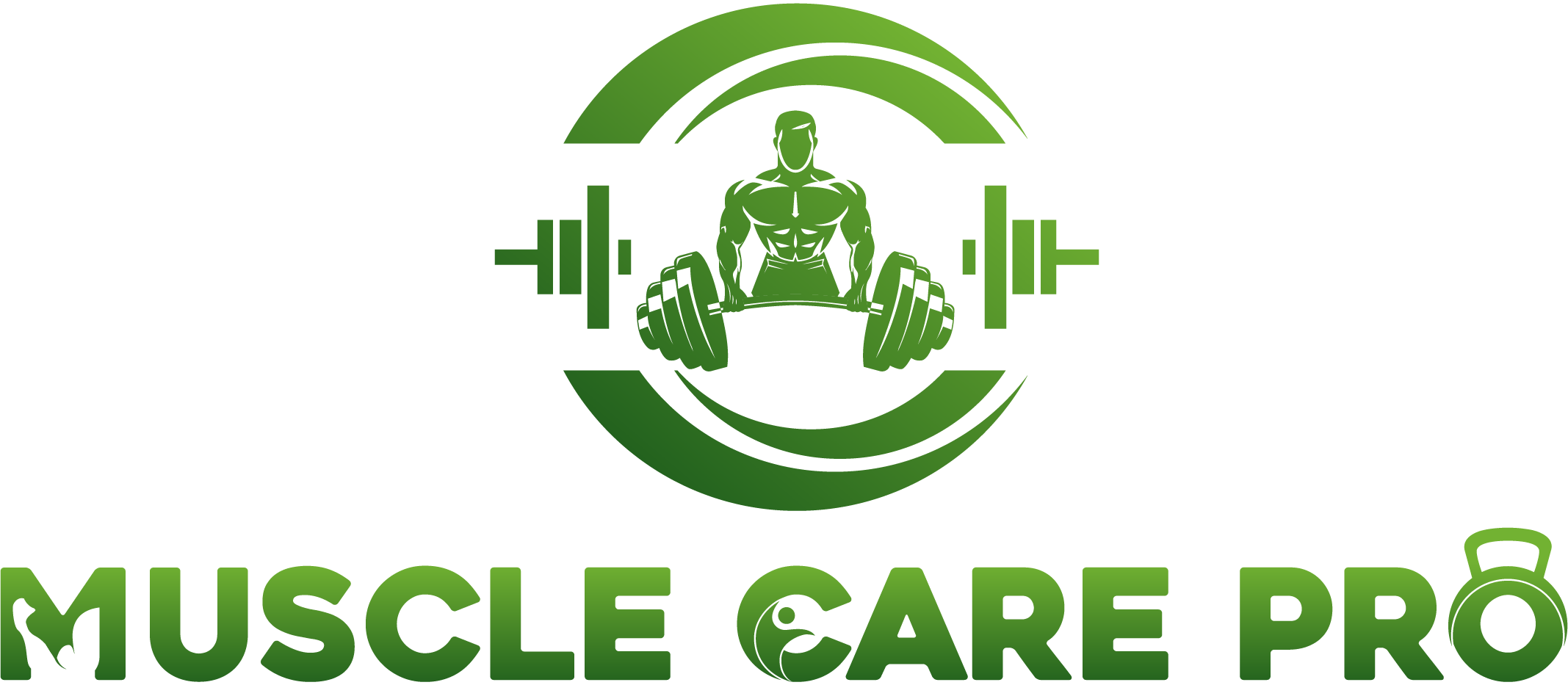how do you increase muscle after bariatric bypass surgery
Bariatric patients need to exercise a lot to reach their long-term goals of losing weight, living a healthy life, and staying at the weight they want. It is suggested that you work with your bariatric surgeon and a fitness professional to create a plan that fits your specific needs, considering your tastes, abilities, and weight loss and fitness goals.
Can i increase muscle after bariatric bypass surgery? When can I start working out again?
Being active after surgery to lose weight will help you get better faster. It will help your blood flow, lower your risk of blood clots, speed up the healing of wounds, and make it easier to go to the bathroom. You can start to walk after the first week.
At first, try going for a few short walks every day for increase muscle . At home, you can move around, take a shower, and use the stairs. In two to four weeks after laparoscopic surgery, you should be able to do most of the things you normally do. If you had major surgery, it could take up to twelve weeks. It is suggested that you walk regularly to boost your level of physical exercise.
As you feel ready, you should walk farther and harder and try to get 10,000 steps every day. Aerobic activities like biking and brisk walks can also be done immediately after surgery to lose weight. However, these will usually be limited by how much pain they cause.
Once your doctor is sure that the wounds are entirely fixed, you can go swimming again. Most people are told not to do activities that are too hard or that involve lifting weights for three weeks after surgery, but this can be different, so talk to your expert first².
How can I work out after surgery to lose weight?
You will most likely be given an exercise plan that starts with low to moderate amounts of exercise, like 10 minutes a day, and slowly builds up to more intense workouts. Being out of breath and having your heart beat faster should be signs that the exercise is too hard. When you’re ready, you should try to include a range of workouts that make you stronger, more flexible, and able to handle more weight.
To lose body fat, try doing physical exercises along with weight resistance exercises that will build muscle and make them stronger. Low-impact workouts like swimming, cycling, and walking are some of the best things to do this summer. People who have had bariatric surgery also like to do yoga, dance, jog, take aerobics lessons, and lift light weights.
How much should I workout to increase muscle ?
Active people should try to do something every day. You should do at least 150 minutes (2½ hours) of moderately intense exercise spread out over at least 10-minute blocks every week. One way to do this is to work out for 30 minutes every day for at least 5 weeks. You can also get the same health benefits by doing 75 minutes of vigorous-intensity activity spread out over the week or by doing a mix of moderate and vigorous intensity exercise².
What are the advantages of a workout plan?
A healthy lifestyle that includes regular exercise will help you:
- lose weight and keep it off
- speed up your metabolism
- lower your risk of heart disease and some types of cancer
- boost your self-esteem and confidence
- help build and maintain muscle strength, endurance, and tone
- support joint stability, bone strength and integrity
- make it easier to do daily tasks
- make your skin more elastic
- boost your mood
- lower stress and anxiety
- improve your overall health, well-being, and mental outlook.
Can working out help get rid of the extra skin after weight loss surgery?
Even though weight loss surgery can get rid of the fat in your body, it can’t make your skin tight and hard like it was before you gained weight. Having extra folds and rolls of skin around the breasts, tummy, hips, and arms can be a sign that you have been overweight for a long time. It can be hard to keep these folds and rolls clean, which means you may be more likely to get rashes and illnesses.
Toning your muscles will help your skin get tighter and firmer. You could, however, think about getting plastic surgery to get rid of the extra skin. Talk to a consultant plastic surgeon about your choices for cosmetic surgery, like getting rid of your apron or getting your breasts lifted. If you have lost a lot of weight, Ramsay Health Care can help you with cosmetic surgery. Find out more about plastic surgery after losing weight by clicking here.
I never worked out before surgery. Can I do it now?
It might be scary to start an exercise plan if you haven’t worked out or have been busy for a long time before your weight loss surgery. A lot of the time, being overweight makes it hard to be physically active. You must know how to get around these movement issues. You will have to come up with an exercise plan that lets you move around.
- Instead of time spent on screens, spend time working out and getting more energy
- Take it easy at first to avoid getting hurt.
- A daily walk of five to ten minutes is a good start.
- Walk for 15 minutes twice a day, or until you reach this goal
- Don’t think you have to join a gym to work out. You can walk your dog, or yard, ride a bike, dance around the house, do housework, or play sports, among other things. Talk to your bariatric surgeon about what kind of exercise will help you the most.
The best advice about increase muscle
- Start your exercise plan slowly and slowly add to the amount of time you spend working out. If it’s getting easy, do more of them, do them for longer, or move farther.
- You should always think about stopping something that hurts if it can help it.
- Set exercise program goals that are clear, attainable, and based on facts.To avoid getting bored, change up your workouts.
- Pick physical things you enjoy, because you’ll be more likely to keep up with them.
- It might be easier to stick to habits that you can do every day, like brisk walks, gardening, or riding a bike.
- Figure out the best time of day for you to work out. For some people, the best time is first thing in the morning or last thing at night.
- Leave your running shoes or workout clothes in the car.
- Get a tracker and try to walk 10,000 steps every day.
- Don’t work out for at least two hours after eating. This will help you avoid getting gas, heartburn, or a stitch.
- Give your muscles at least 24 hours to rest and heal after a workout so they can get stronger and heal properly.
- Take in a lot of water. It can be hard for your body to take in water after surgery because your stomach is smaller. This is especially true during and after exercise. Keep water with you at all times and drink it often.
Focusing your exercise on building muscle after weight loss surgery is a key part of your road to success. Now that you’ve decided to have weight loss surgery, the hard part is over. Now is the time to make the changes that will help you reach your goals.











